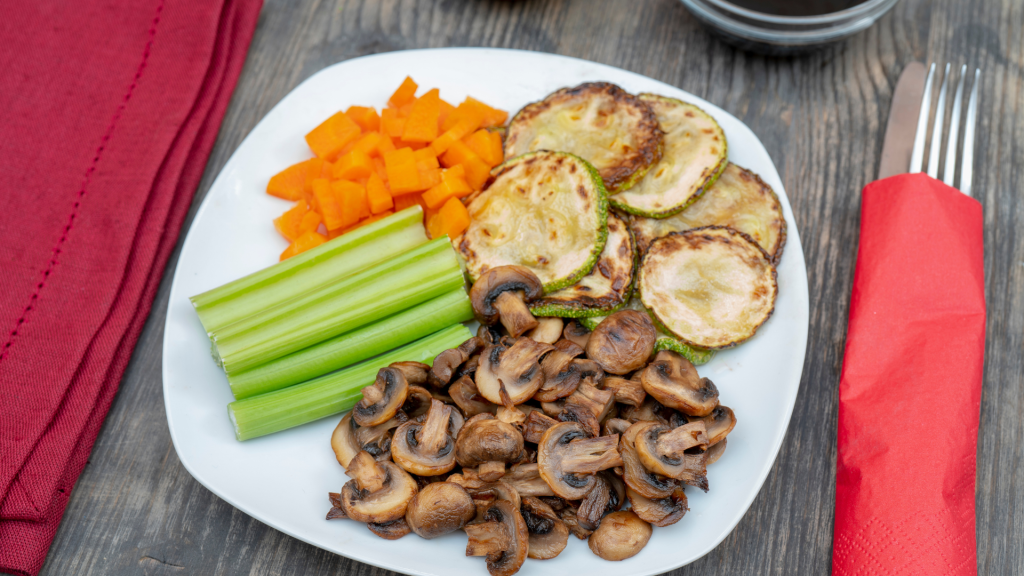It may be difficult to make the decision to go vegan, and not everyone is ready for a full commitment, but this doesn’t mean that you can’t eat healthily! Whether you’re just curious about plant-based food or want to lose weight, this article will teach you how to get started with a vegan diet.
What is a Vegan Diet?
A vegan diet is a type of diet that excludes all animal products, including meat, poultry, fish, eggs, milk, and cheese. Vegans may also rely on plant-based foods such as fruits, vegetables, grains, and legumes.
Is a Vegan Diet Healthy?
A vegan diet is considered healthful for a variety of reasons:
- Plant-based foods are typically low in calories and saturated fat.
- Many plant-based foods are high in fiber and antioxidants, which can protect against heart disease and other chronic diseases.
- A vegan diet is significantly lower in environmental impact as compared to diets that include animal products.
Tips to Start a Vegan Diet
When starting a vegan diet, it’s important to remember that there is no universal approach. What is effective for one person may not work for another, so be sure to take the time to figure out what works best for you.
Here are some tips to help get you started:
- Make a list of what you’ll need. Before starting any new diet, it’s essential to make a list of the items you’ll need in order to maintain it. This includes not only food items but also ingredients for any recipes you plan on trying out. Having this information handy will make keeping up with your vegan diet much easier.
- Don’t overdo it on fruits and vegetables. One of the main benefits of veganism is that it eliminates meat from your diet entirely. This can be a great way to start cutting down on calories and improve your overall health. However, don’t overdo it on fruits and vegetables. Too many high-calorie foods can quickly derail your diet. Aim for about five to seven servings of vegetables and two servings of fruit per day.
- Be prepared to adapt. As with any new diet, be ready to make some adjustments in the beginning. While veganism is not as restrictive as other vegan diets, such as the Whole 30 or Paleo, there are still some food choices you’ll need to make. Be sure to consult a nutritionist if you have any concerns or questions about how to follow a vegan diet best.
- Stay motivated. Once you start your vegan diet, it can be easy to lose motivation. However, remember that this is a gradual process. It’s not as if overnight you’ll become a vegan expert. Take things one step at a time and allow yourself time to adjust. Being patient will help you stick with your new diet longer.
- Stay positive. No matter how hard it might seem at first, veganism is a journey, not a destination. Remember to keep your spirits high and remind yourself that you’re making a positive change for yourself and the environment.
Side Effects of a Vegan Diet
If you are considering going vegan, there are a few things to remember. The first and most important thing is to speak with a healthcare professional before making any changes to your diet. There can be potential side effects associated with a vegan diet, so it’s essential to be aware of them.
Below are some of the most common side effects that people experience when transitioning to veganism:
- Increased energy levels
- Increased appetite
- Increased weight loss or weight gain
- Constipation
- Cramps
- Increased heart rate
- Dizziness
- Nausea
- Diarrhea
- Increased risk of certain types of cancer
There can also be other side effects that people experience, depending on their health and circumstances. If you’re having any difficulties with your vegan diet, it’s always best to speak with a healthcare professional.
Are You Ready to Go Vegan?
If you’re feeling overwhelmed by the prospect of going vegan, start by focusing on small improvements. For example, replace your usual chicken or beef burger with a tofu or bean burger. Or try using olive oil instead of butter or cheese in your cooking. Over time, these small changes will add up, and you’ll become more accustomed to eating without animal products.

